The Michigan Women’s Surgical Collaborative developed like many things do: Organically.
A peer group of female surgeons in the Department of Surgery at Michigan Medicine formed and the members supported one another through career shifts. Being academics as well as clinicians, they noted the achievement drop-off among mid-career women in the field and decided to study it.
The collaborative was formally launched in 2016 and an annual conference to bring in female surgeons and speakers from around the country followed. This year’s event, which focused on race and intersectionality, featured a day of formal talks about the issues and another day of more casual, PowerPoint-free chats addressing leadership-specific issues.
Dr. Dana Telem and Dr. Lesly Dossett, members of the collaborative, and Dr. Ton Wang, a resident who co-leads the Women in Surgery group, reflected on the conference recently.
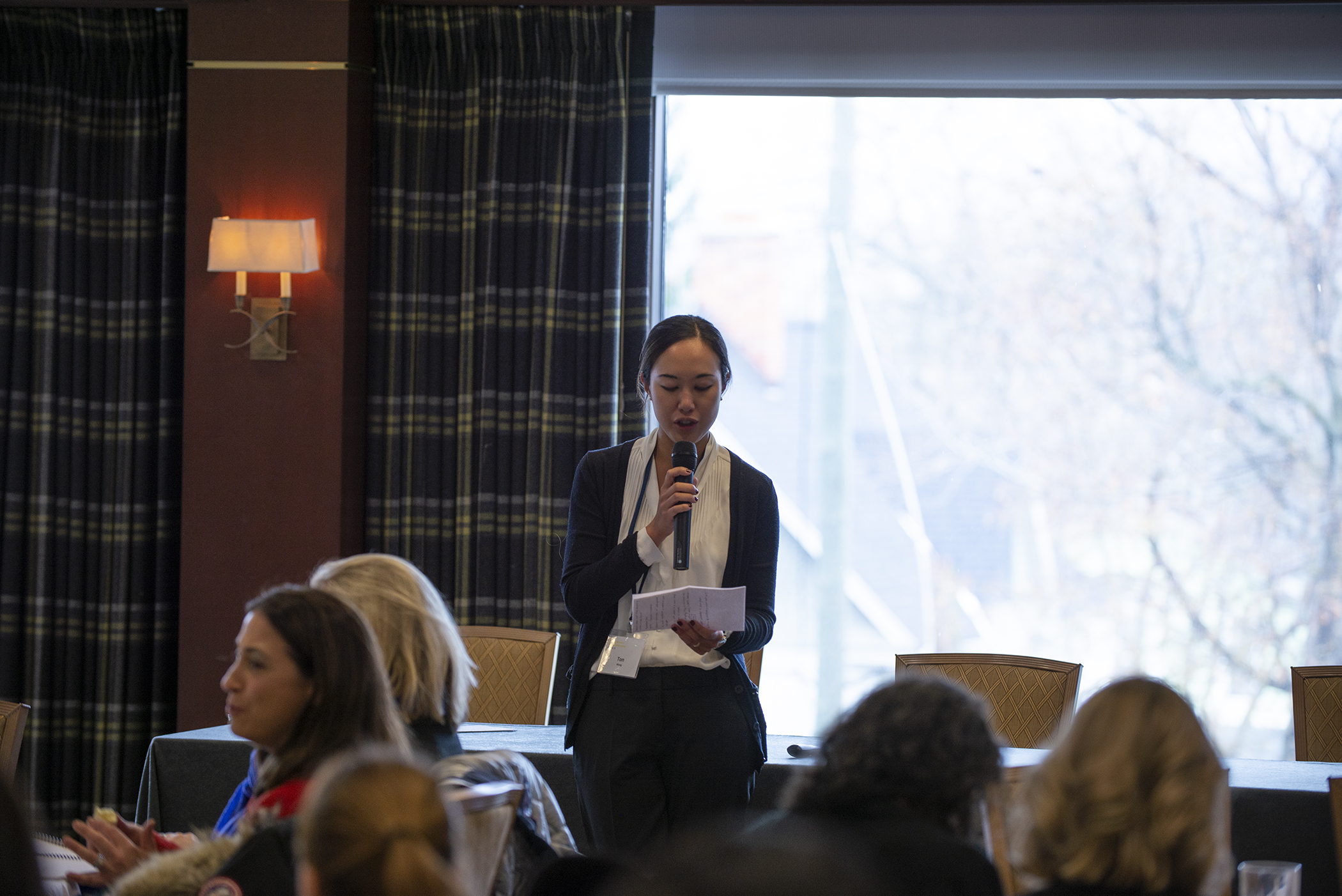
On why the event exists
Telem referred to the conference as a meeting in conversation, a nod to its intimate nature:
“The meeting is not just to disseminate education and information but also to also create a home and a family and a group for networking for people across the country who may or may not be lucky enough to find the peer support that I was lucky enough to find here.”
Dossett said the framework of the event was reflected in the interactions that took place and in the way attendees made themselves vulnerable:
“The thing that sets this conference apart is the large number of high-profile women leaders in surgery who come and openly share their leadership successes and missteps."
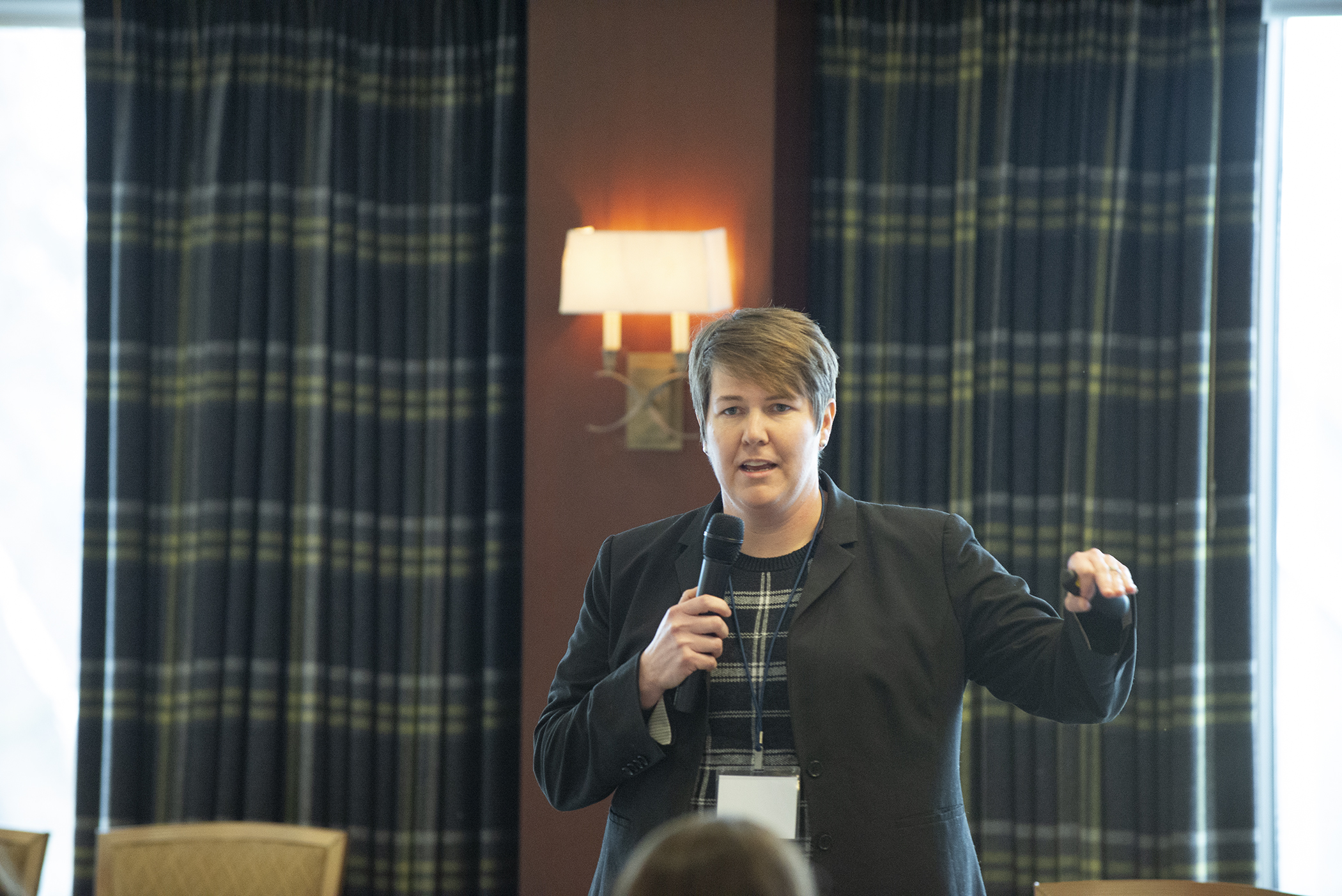
On how this year’s themes developed
The previous conferences focused on women as a whole. This year, the conference put the spotlight on race and intersectionality. Wang worked closely with Dr. Christopher Sonnenday on the content of the Friday sessions and helped moderate the panels:
“This year, we felt that it was timely and important to shift our focus from the challenges facing women in surgery to include all forms of diversity in surgery. Our keynote speaker, Dr. Rhea Boyd, started the conference with a compelling presentation on the imperative for a diverse workforce and the implications for our patients if we fall short.”
While the event represented a safe space in many ways, Telem said the theme of the event was meant to challenge attendees’ thinking.
“One of the things I like about us is that we like to have hard conversations. And it seemed like this was the hard conversation that was not being had.”
Telem said the makeup of the panel—one filled with underrepresented minorities from various specialties—was intentional:
“If you look at our panel, the only thing everybody had in common is that they are extraordinarily accomplished. We wanted everybody to look up there and see someone like them.”

On how the effort is inclusive—and takes boldness
While the second day of the conference was women-only by design, the first day included male speakers and attendees. Telem said that while the collaborative and the conference exist to address issues limiting female surgeons’ success, men are key to progress.
“In order for all of us to be successful, there’s a need for the dominant and vocal majority to be a part of that. Trying to fight your own battles in isolation and silos instead of being inclusive of everybody doesn’t really help bring everybody on board.”
In fact, Wang said it was a male mentor—Sonnenday—who pushed for intersectionality on the event’s agenda:
“I had heard of the concept of intersectionality, but it was really Dr. Sonnenday who encouraged us all to explore this space to educate our conference attendants. It’s such an important topic—the idea that everyone has multiple identities that define them—that is so often ignored at work.
Telem acknowledged that non-clinical initiatives like this can be unfamiliar and even scary to some—but that buy-in is possible if assumptions are put aside:
“It’s not necessarily because they don’t find it important. Sometimes it’s because they don’t know what to do or they don’t know how to engage...If you don’t have the hard conversation there will never be change.”

On lessons learned, and where the needle can move now
Telem regularly shares her knowledge with residents, but she’s still learning. Sometimes, the process is less about acquiring knowledge, but discovering how much you still have to learn:
“What I learned from Friday was that there’s still so much that I don’t know. I like to think of myself as savvy in this space and thoughtful...I learned very different things that will change and alter and help the way I think about problems, the way I interact with students and how I engage with other people.”
There’s more to learn and more progress to make, but Wang saw opportunities for immediate action out of the conference:
“I think that a tangible way to move the needle on these issues is through recruitment of a diverse work force. I know that I left the conference motivated to advocate for improved measures of assessing general surgery applicants and new faculty hires. Additionally, the conference has really stressed to me the importance of pipeline programs, potentially even as young as elementary and middle school.”
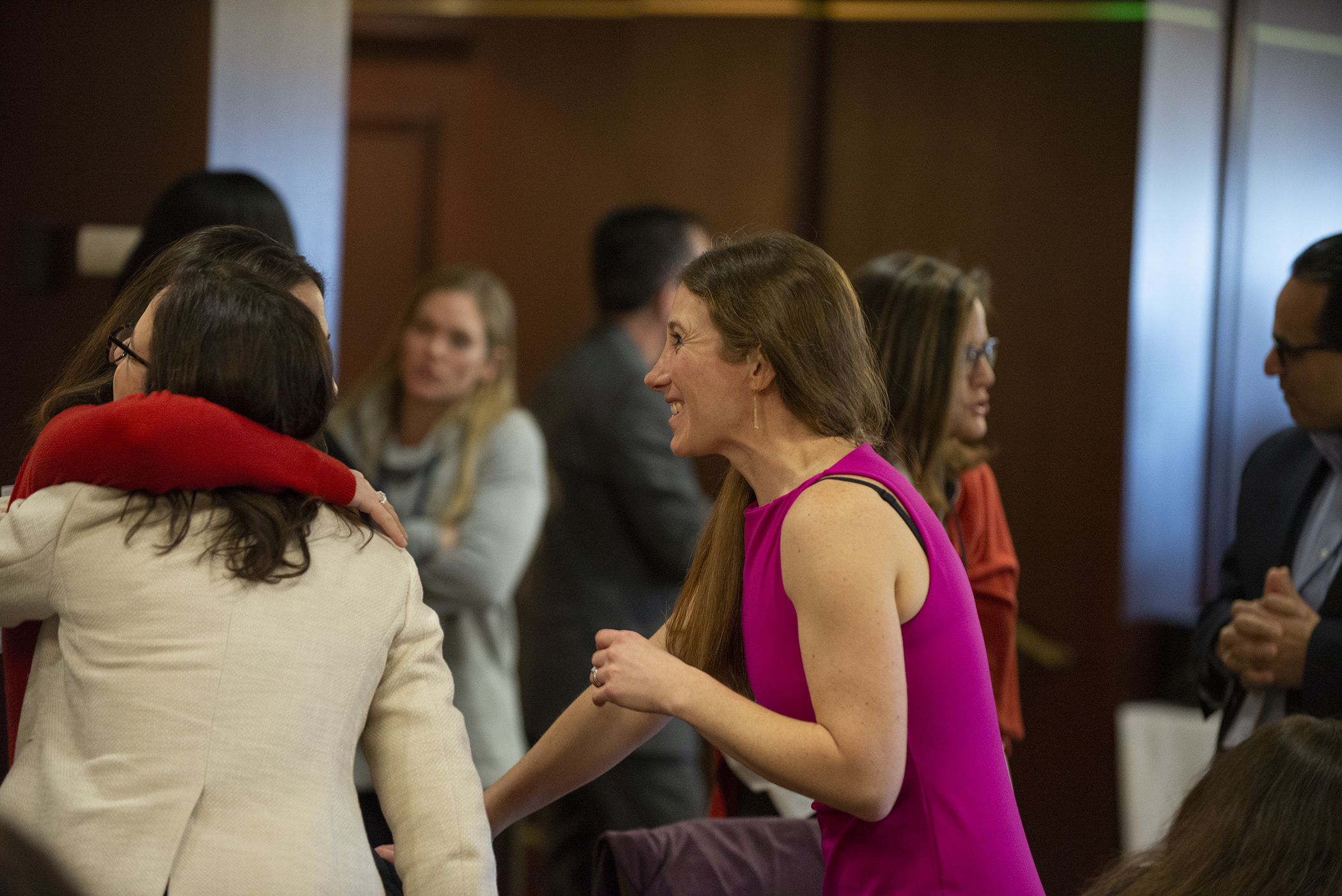
Intimate exchanges
The second day of the conference was less structured, but just as purposeful. There were no slides or formal presentations, just sharing and connecting, no presentations, no slides. Telem was moved by how open the panel made themselves to attendees:
“I sat there with my jaw open the whole time. I felt like I was in Chair School learning from these really amazing, accomplished women.”
“They addressed things like how to navigate the system, get that contract, get that position...People tell you that you have to ask. Well, how do you ask?”
“Having so many high level leaders descend on Michigan and use their time, which is really their most important commodity, and give credence to conferences like this, has been impactful.”
On what makes the mission possible
Telem credits Professor of Surgery and former Chair of the Department of Surgery Dr. Michael Mulholland with inspiring and supporting the movement and current Chair of the Department of Surgery Dr. Justin Dimick with continuing the tradition:
“It’s a combined belief system and leadership that’s open to transformative change and what needs to be done.”
Telem said that removing barriers to success for women in surgery and increasing diversity in the specialty isn’t just a feel-good measure; it’s also a competitive advantage:
“Who you are now can’t be who you are ten years from now or you’ll be stagnant. If you don’t reflect what the population looks like and if you can’t care for the population, you are not going to grow, develop or succeed as an organization.”
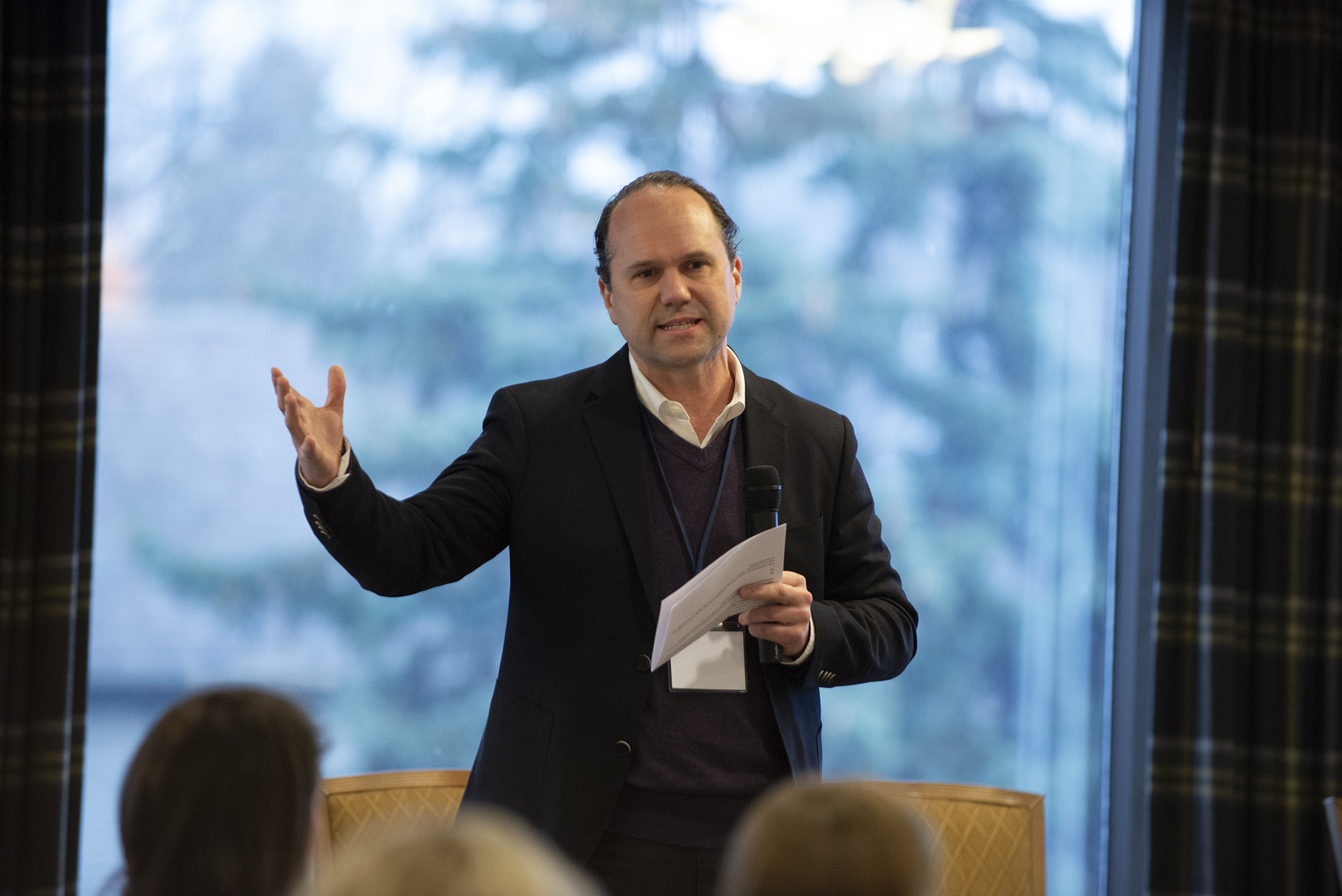
On being grateful
Saturday concluded with a distribution of “gratitude journals,” and the instruction to use them to note what the women were grateful for on a regular basis as a way to reset their mental model. Telem found the notion indulgent and even silly at first, but has made it her mission to embrace the challenge:
“Negativity is everywhere and it’s so easy to focus on. If you live in gratitude, sometimes it just makes everything a little easier.”
##
By Colleen Stone
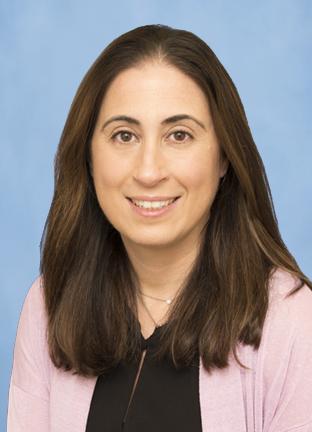
Dana A. Telem, MD, MPH
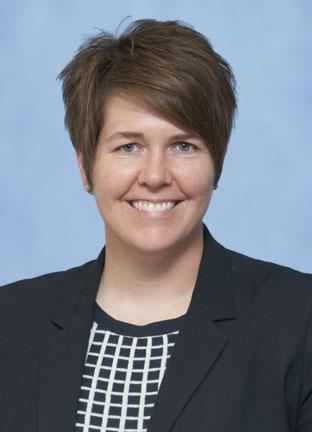
Lesly A. Dossett, MD, MPH
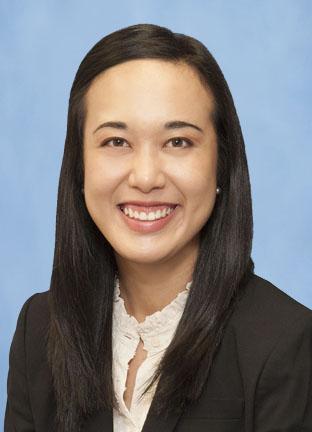
Ton Wang, MD
Contact Us
Connect with the Department of Surgery to share your ideas or get in touch.
Department of Surgery
2101 Taubman Center
1500 E. Medical Center Dr.
Ann Arbor, MI 48109
Email: [email protected]
Twitter: @UMichSurgery
